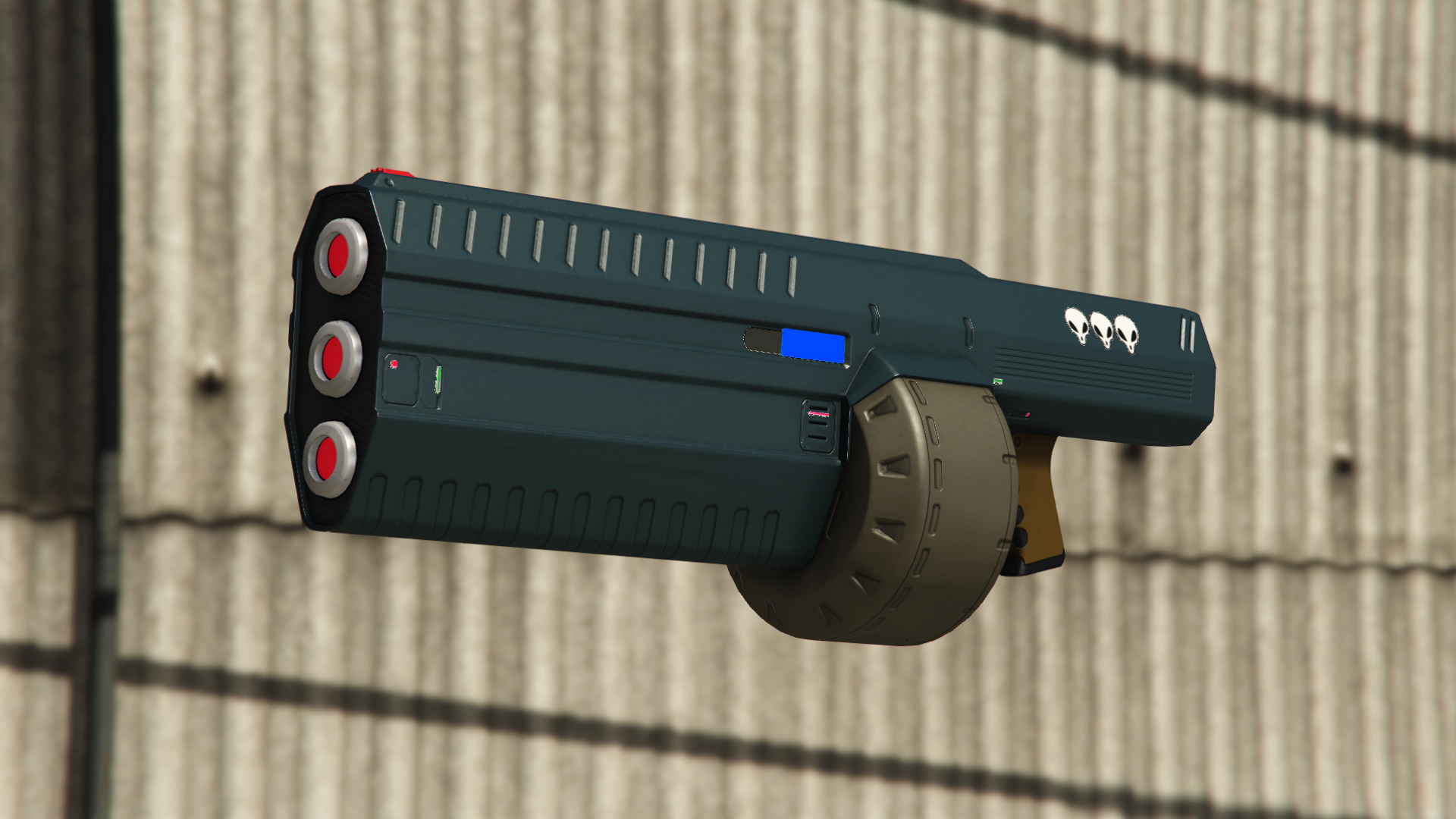
Tira de luces LED RGB para consola PS5, luces decorativas para PlayStation 5, linterna con mando a distancia, envío directo - AliExpress Productos electrónicos

Truco GTA V: Mejorar Las Armas En Grand Theft Auto 5 | Comprar Todos Los Accesorios De Arma Gratis ! - YouTube

Conseguir Armas Ocultas en GTA 5 ▷ Los Mejores Trucos y Consejos - Consejos - Trucos GTA 5 (2023) ▷ Guía TODAS las claves y códigos

Tira de luces LED RGB para consola PS5, luces decorativas para PlayStation 5, linterna con mando a distancia, envío directo - AliExpress Productos electrónicos

GTA V - Como Conseguir Arma de Rayos Modo Libre - Fusil Electromagnético - GTA 5 PS4 - TRUCO PS4 - YouTube

Tira de luces LED RGB para consola PS5, luces decorativas para PlayStation 5, linterna con mando a distancia, envío directo|Accesorios y piezas de reemplazo| - AliExpress

Guía y trucos de GTA Online para encontrar el hardware en locales de FIB rápidamente en Criminal Enterprises | Hobbyconsolas



















